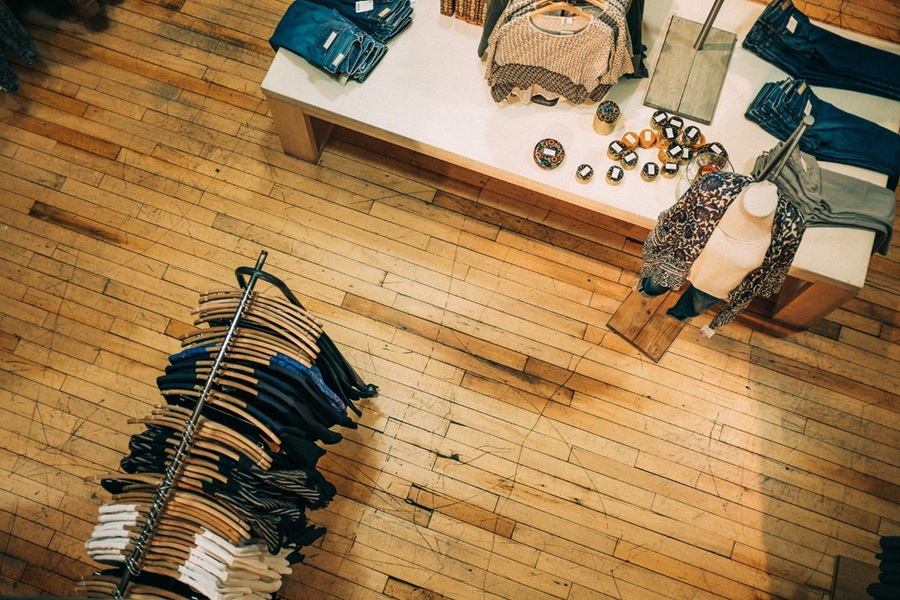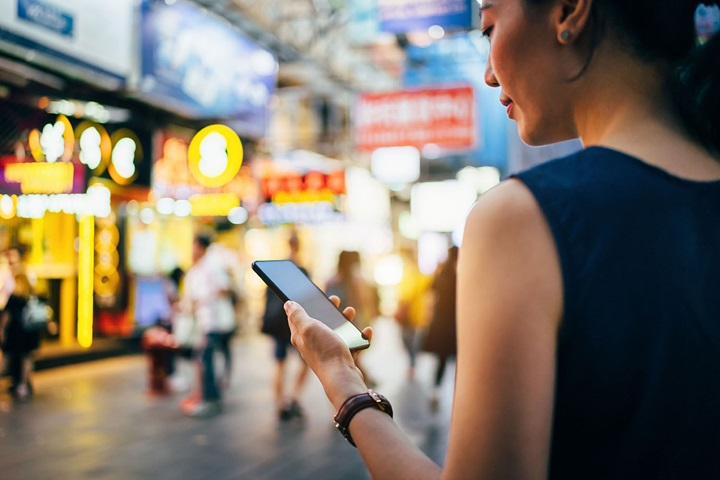The new global reality after COVID-19 will be the lasting memory of everything shutting down except retail. The role of retail will never be the same, as more shoppers become dependent on it both as a trusted resource and as an adviser for all aspects of their lives.
North American retailers such as Costco, Walmart, and Walgreens worked closely with all levels of government to ensure everybody got the goods they needed when they needed them. Retail supply chain managers became local celebrities as deliveries of disinfecting products brought new traffic into stores. Social distancing pushed many shoppers to reconsider ecommerce as their primary buying platform even though many third-party marketplace merchants passed along incremental shipping costs to the shopper. Retail helped the world weather the COVID-19 storm, and the agility of retail suppliers allowed them to readjust internal capacity to support growing demands.
At Kantar, we remain committed to helping you and your teams make sense of the COVID-19 crisis and the ripple effects it’s creating across the retail landscape. Our 2020 retailing briefing guide will help our strategic retail partners readjust to the new priorities, perceptions, and predictions related to the new reality and to shoppers’ uncertain future.
New priorities
Product availability will contribute more to category growth than new product introductions.
The US Food and Drug Administration is actively and aggressively monitoring the market for any companies marketing products with fraudulent diagnostic, prevention, and treatment claims to protect public health during this pandemic. As a result of these activities, assortment planning now requires a more holistic approach, reflecting varied shopper, economic, and logistical elements across the retailer fulfillment ecosystem. This means that one in/one out will become an industry standard and that core SKU availability will be more important than line extensions.
Walmart, Amazon, Costco, and Target will be first in line for core SKU inventory replenishment. Smaller, local, and independent retailers will find it comparatively harder to stock their shelves if supplies become limited. Several limited-assortment and limited-SKU retailers like Costco or Aldi will have a distinct advantage. Since they sell individual items rather than whole categories, they can source and replace disrupted items faster with high-velocity items, even if they are in a different category or from a different supplier.
To address the new requirements for omnichannel retail, Kantar can help you:
- Explore how the traditional category management framework needs to evolve and the implications for your organisation.
- Gain insight into why your category definition needs to expand and better reflect shopper behaviour.
New perceptions
Clean, sustainable, and natural-oriented products will become new necessities.
As healthcare becomes a concern for everyone around the world and as the cost of care continues to skyrocket, retail health will become a new investment consideration for many countries and investors. Consumers will develop new dependencies on any products associated with easing anxiety during this crisis. As a result, the messaging around health and wellness claims must include both preventive and mental health benefits to make a lasting impression on shoppers’ buying habits post-COVID-19.
Shopper attitudes will continue to shift from sick care (seeking remedies for illness) to self-care (taking measures to prevent illness) to well care (investing in themselves for the greater good). That change will manifest itself in a new set of purchasing behaviours. Pre-COVID-19 examples of this retail evolution are the rise of CBD, natural assortments, and sustainability shopping. Leading brands that connect lifestyles to brand identity will convert more shoppers in a post-COVID-19 world.
To address the evolution of well care at retail, we can help you:
- Learn how naturals and sustainability fit into shoppers’ well-care considerations.
- Understand new digital opportunities to better target patients as shoppers.
New predictions
By 2022, 30% of all consumable purchases will be auto-replenished online.
With US shoppers practicing social distancing in response to the coronavirus, online grocery shopping will continue to accelerate in an unprecedented way as buy online, pick up in store orders surge for many retailers. Many shoppers will stick to online shopping as lifestyle changes cause all ages and income groups to reconsider buying solely online.
As online grocery shopping goes mainstream, Walmart will be the primary beneficiary. Walmart reported an online sales increase of 37% for fiscal year 2020. Strong growth in groceries sold online — for pickup and delivery — significantly boosted that result.
Online categories such as grocery, household supplies, and all things personal care will become new buying necessities. Retailers will look for new trade investments from suppliers to support new media and marketing programs focused on last mile execution, pricing, transparency, sustainability sourcing, and social targeting.
To address the major shifts that will shape the next decade, Kantar can help you:
- Discover the real challenges to and opportunities for long-term retail success.
- Identify what you can influence within your business to set you apart in the 2020s.
The 2020 retailing briefing guide highlights key initiatives, SWOT analyses, shopper profiles, and merchandising overviews for 30+ retailers across eight channels in North America.
Retail IQ clients can access the complete 2020 retailing briefing guide here.
If you’re not a Retail IQ client, fill in your details below to download the executive summary and request pricing.
While we stay on top of this developing situation, we invite you to join our weekly COVID-19 webinar series. Each Friday at 1 p.m. EDT, we will provide updates to the latest threats, implications, and best practices for retailers and brands in North America.


